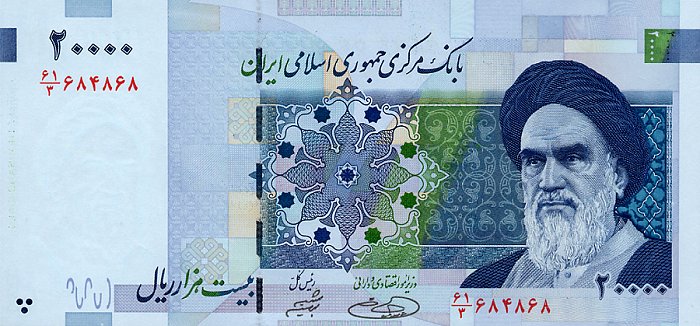December 26, 2010
The Washington Post reports on the economic situation in Iran. Many complain of restrictions that prevent them from raising their own fees to address the effects of rising prices resulting from the end of subsidies.
"I never heard the government give money to the people. My dad and granddad also never saw such a thing," said the driver of a dilapidated orange Mack truck. "When they give away money like this, it means we are in trouble. The fuel price rises are only the beginning, I fear."



 In December of 2010, filmmaker Jafar Panahi is handed the harsh sentence of six years in prison and a 20-year ban on filmmaking. This decision is upheld on appeal in October of 2011.The US-based board of the Academy of Motion Picture Arts & Sciences released a
In December of 2010, filmmaker Jafar Panahi is handed the harsh sentence of six years in prison and a 20-year ban on filmmaking. This decision is upheld on appeal in October of 2011.The US-based board of the Academy of Motion Picture Arts & Sciences released a